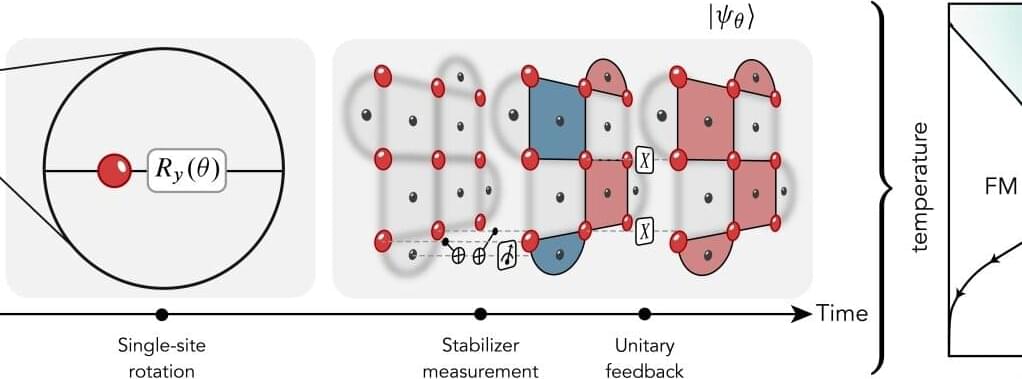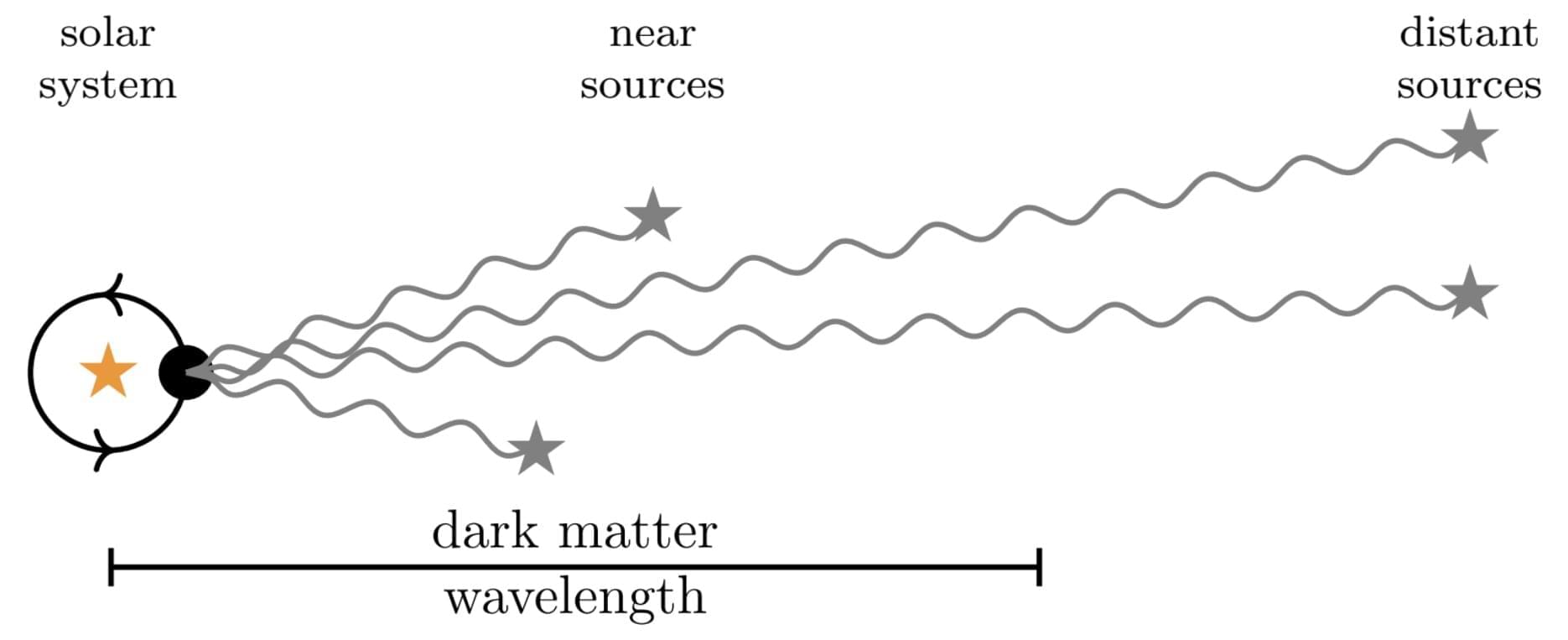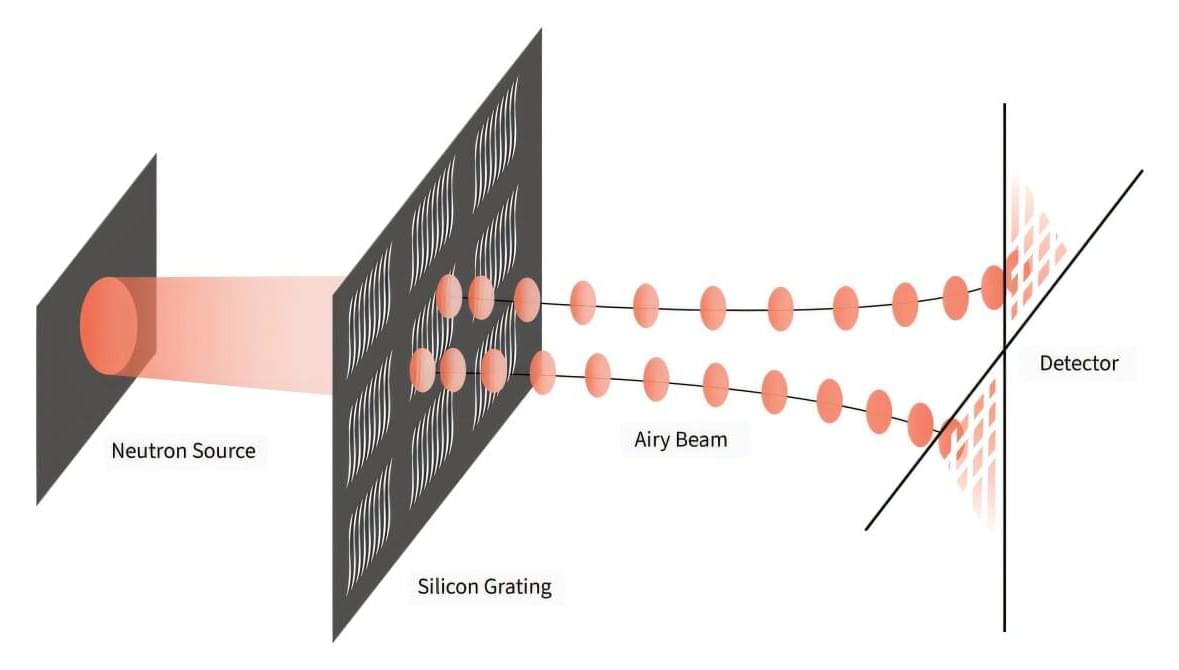A team of Rice University researchers has developed a new way to control light interactions using a specially engineered structure called a 3D photonic-crystal cavity. Their work, published in the journal Nature Communications, lays the foundation for technologies that could enable transformative advancements in quantum computing, quantum communication and other quantum-based technologies.
“Imagine standing in a room surrounded by mirrors,” said Fuyang Tay, an alumnus of Rice’s Applied Physics Graduate Program and first author of the study. “If you shine a flashlight inside, the light will bounce back and forth, reflecting endlessly. This is similar to how an optical cavity works—a tailored structure that traps light between reflective surfaces, allowing it to bounce around in specific patterns.”
These patterns with discrete frequencies are called cavity modes, and they can be used to enhance light-matter interactions, making them potentially useful in quantum information processing, developing high-precision lasers and sensors and building better photonic circuits and fiber-optic networks. Optical cavities can be difficult to build, so the most widely used ones have simpler, unidimensional structures.









